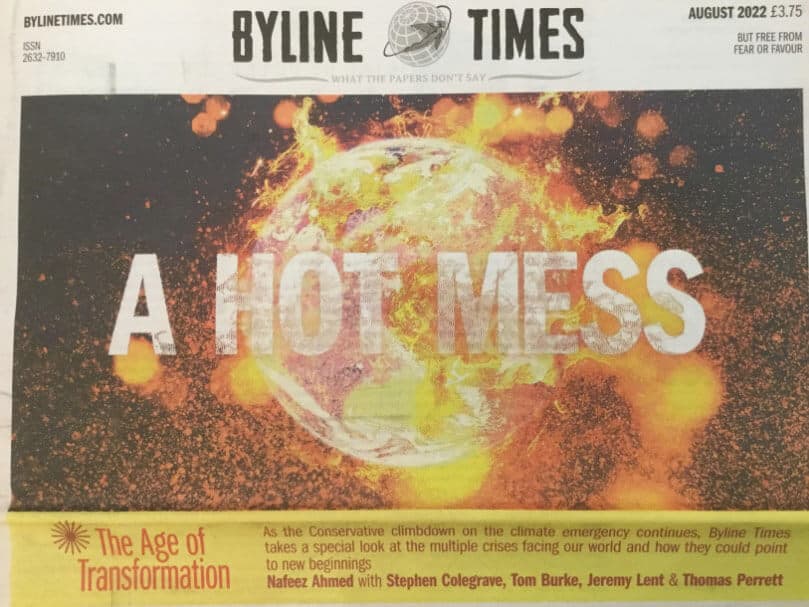On Wednesday 7th June 2023, ClientEarth gathered a panel of experts and professionals for the conference, Bridging the Divide – How to Discuss Climate Change? to explore the fundamental question, ‘In an era of increasing political and social polarisation, how do we come together to discuss a crisis that affects us all – climate change?’
The discussion commenced on a positive note with acknowledgment of how we’ve seen dramatic progress regarding the population’s ecological engagement; “82% feel concerned for the environment and 62% are onboard with taking action for net zero” (Jackson, 2023) for which, there’s now political consensus. Despite this vital progress, there’s much more to be debated and inevitably, there are difficulties impeding the discussions from finding an outcome, or even taking place.
Some of the social and political issues mentioned included climate tribalism – the polarisation and groupishness of the beliefs of climate change deniers and supporters – and echo chambers, namely people talking in bubbles where they only encounter information and opinions that reflect their own.
Unsurprisingly, the distrust towards the media and their “weaponisation of narratives against net zero” (Jackson 2023) received a mention, particularly the toxic commentary surrounding ‘climate lockdowns’ – an exaggeration of governmental policies to tackle climate change – and how, while this isn’t significantly changing the game currently, “it has potential to damage the narrative” (Jackson, 2023).
Furthermore, influencing behaviour change has a vital role to play; the world requires a cognitive shift from the anthropocentric to the ecocentric. Delegates spoke of changing social norms, such as consuming fewer carbon intense products, and of how financial incentives can prove an effective means of engaging people.
It was surmised that we need to rewrite our economy – we are currently a society based on how much things cost and economic growth, but we have to invest in the future. A focus on business transformation is essential, too, in order that “there’s a real impact in moving away from fossil fuels” (Holly, 2023).
The ways in which we communicate was recognised by all speakers as a crucial element for a successful discourse; we need to be more deliberate, ambitious and to think creatively, “but there are a number of core principles; starting from listening to, not talking at people” (Orr, 2023).
It was noted how the importance of ‘executive listening’ (listening to understand and act, not just respond) is underestimated – the debate or conflict often becomes the central focus, rather than the issue itself – and how, moreover, there’s a “lack of inspiration in sustainability storytelling; we come at it with a deficit mindset” (Orr, 2023).
Primarily, people don’t want to be told what to do, instead we need to appeal to each other’s humanity and we can achieve this by sharing stories of success and failure.
It was collectively agreed that the climate crisis needs to be approached systemically; “Organisations need to collaborate and justice doesn’t need to be sacrificed for the speedy change needed” (Senkhane-Mahlatjii, 2023). How might we achieve this? It was suggested that on both a personal and organisational level, we need to commit to a relationship where we don’t have to agree on all things, but identify common strategies.
We need to bring everyone to the table, try a number of small different things and see how they come together holistically.
Organised by ClientEarth and chaired by Stefanie Pfeil, Chief External Affairs Officer at ClientEarth. Guest Speakers:
Danielle Holly, Associate Director of Leadership Programs at Aspen Institute.
Ben Jackson, Director at the Climate Centre.
Rachael Orr, Chief Executive Officer at Climate Outreach.
Mpinane Senkhane-Mahlatjii, Senior Consultant at Reos Partners.
By Molly Ann Burnell, MA, Freelance Writer & Editor.




